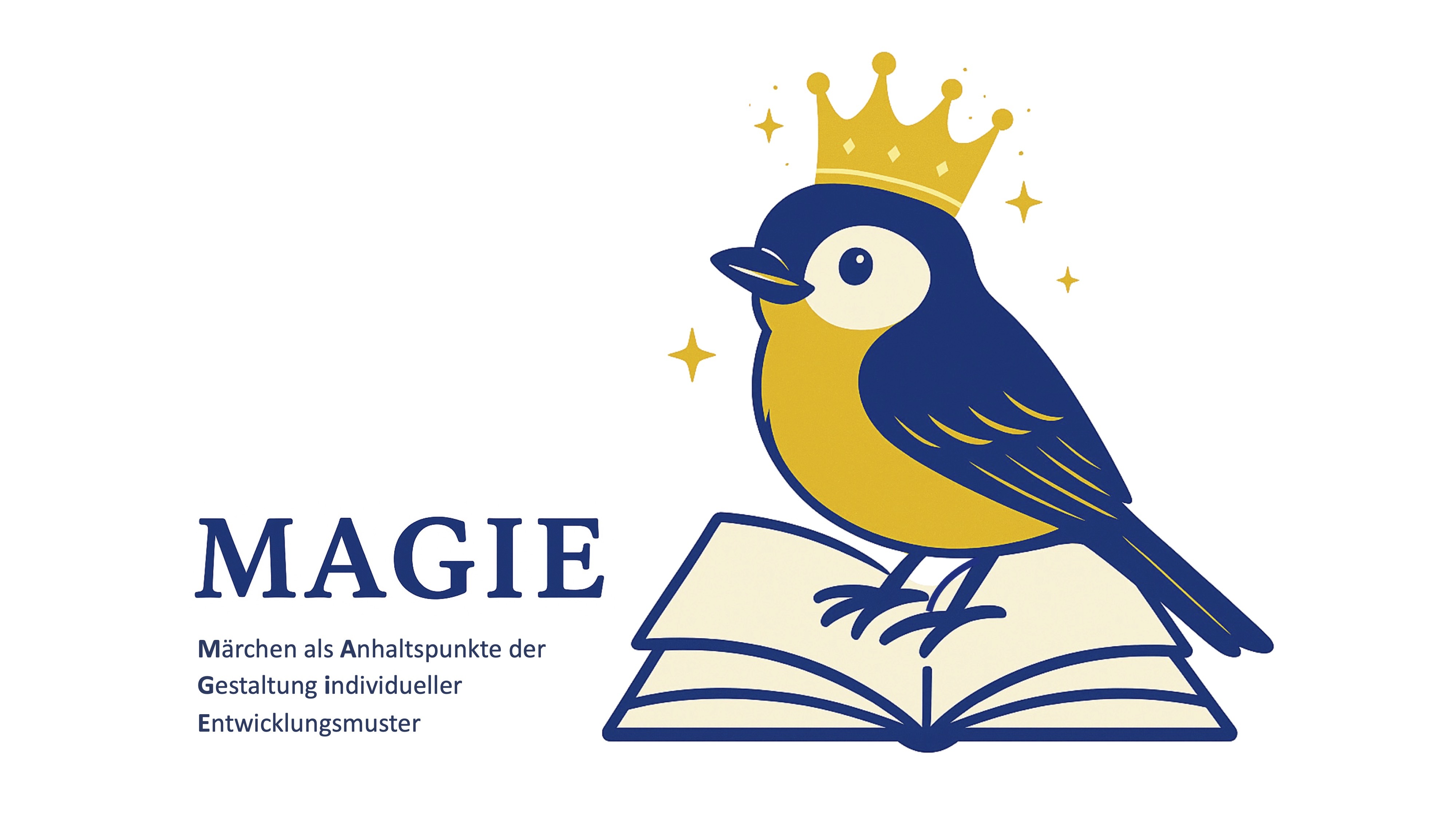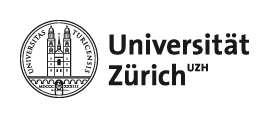MAGIC
Magical Tales as Anchors for Growth in Children
Context
Fairy tales have shaped cultural values and children’s development for centuries. But many classic versions convey outdated role models and messages that no longer fit today’s ideas of diversity, equality, and inclusion. At the same time, fewer children – especially boys – are familiar with fairy tales. We still know little about how modern, collaboratively adapted fairy tales influence children’s language, emotions, social behavior, and family relationships. This is where MAGIC comes in: Together with families and communities, we create new, up-to-date fairy tales and study their impact. The project brings together developmental psychology, storytelling research, AI-based creativity, and Citizen Science.
About the project
With MAGIC we want to find out
- how fairy tales can be modernized together, following a Citizen Science approach,
- whether parents and children enjoy and accept these new versions,
- whether such stories support children’s language, social, and emotional development more than traditional tales,
- whether they strengthen parent-child relationships,
- how children’s view and understanding of fairy tales and their characters change,
- whether boys and girls from all social and cultural backgrounds benefit equally,
- and how public attitudes toward fairy tales shift when modern versions are freely shared as Open Educational Resources.
Alongside the research, MAGIC will create a freely accessible digital library with stories, illustrations, and audio recordings of the adapted fairy tales – available permanently via university libraries.
Project phases
- Preparation (Months 1-2): Gathering fairy tales, recruiting citizen scientists, and building partnerships.
- Co-Creation (Months 3-4): Holding workshops where families and researchers adapt fairy tales together, supported by generative AI.
- Production (Month 5): Creating printed, illustrated, and audio versions of the new fairy tales.
- Study Planning (Month 6): Designing the study together with citizen scientists.
- Research with Families (Months 7-10): Before-and-after studies with families, including language tests, emotional-social questionnaires, and observations of parent-child interactions.
- Analysis & Sharing (Months 11-14): Analyzing the results, reflecting together, publishing findings, and presenting them in interactive events.
Participate in the project
Starting 1 January 2026, families, teachers, school classes, illustrators, storytellers, and community members are invited to take part as citizen scientists. Together in co-creation workshops, they will help shape new fairy tales, share their own ideas, test the stories in daily life, and give feedback on language, plot, and images. Their involvement is key to making the tales culturally relevant, diverse, and suitable for everyday use. The results will feed into research and be published in the digital fairy tale library.


